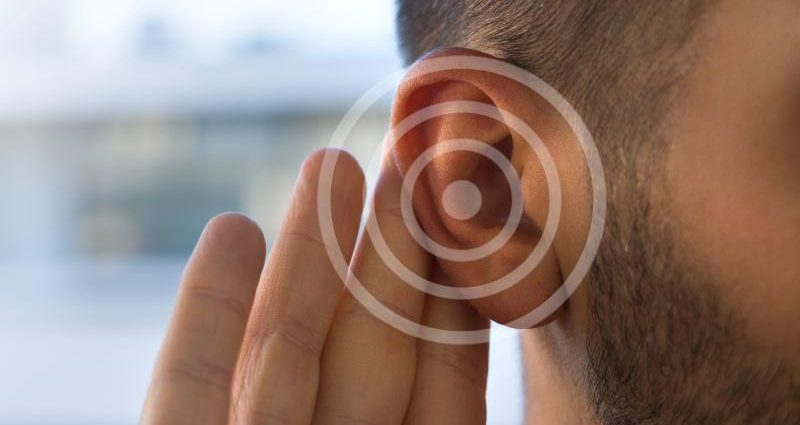MONDAY, July 24, 2023 (HealthDay News) — More omega-3 fatty acids in your diet might prevent hearing loss as you age, researchers report.
Low levels of the omega-3 fatty acid docosahexaenoic acid (DHA) are linked to hearing loss in middle and old age, according to findings slated for presentation Monday at a meeting of the American Society for Nutrition, in Boston.
Middle-aged and older adults with higher DHA levels, however, were 8% to 20% less likely to have age-related hearing issues than those with lower DHA levels, researchers said.
“Animal models suggest maternal omega-3 fatty acid deficiency alters offspring hearing development, and long-term omega-3 supplementation may be protective for cochlear metabolism and reduce progression of hearing loss,” said study leader Michael McBurney, a senior scientist at the South Dakota-based Fatty Acid Research Institute and adjunct professor of human health and nutritional sciences at the University of Guelph in Ontario, Canada.
“Now we find blood DHA concentrations are inversely associated with hearing loss,” he said.
This study, however, can’t prove that high levels of DHA prevent hearing loss, only that there appears to be an association, McBurney said. The findings add evidence of the importance of omega-3 fatty acids, including DHA to protect against aging-related declines in a variety of body functions, he noted.
Omega-3 fatty acids are found in fish, nuts and seeds and in dietary supplements such as fish oil.
“Our findings should not be interpreted that low blood DHA levels cause hearing loss,” McBurney said. “However, our findings add to the emerging science that DHA may play an important role in maintaining auditory function.”
Findings presented at medical meetings, however, are considered preliminary until published in a peer-reviewed journal.
For the study, McBurney and his colleagues collected data on more than 115,000 men and women ages 40 to 69 who were part of the U.K. Biobank.
Those with the highest levels of DHA were 16% more likely to report no hearing problems, compared with those with the lowest levels of DHA.
Those with the highest DHA levels were also 11% less likely to report having difficulty understanding conversations when there is background noise compared to those with the lowest DHA levels.
It’s not clear how DHA may safeguard hearing. But researchers speculate that omega-3 fatty acids may help protect cells in the inner ear or lessen inflammatory responses to loud noises, chemicals or infections, thus guarding against age-related hearing loss.
Eating more fatty fish, like salmon, or taking fish oil supplements can increase DHA levels, McBurney said. If you choose to take a supplement, look for eicosapentaenoic acid (EPA) and DHA content on the label, he suggested.
An expert who reviewed the findings said it’s not clear if taking DHA supplements will have a positive effect on hearing.
“Whether or not people should add DHA to their diet to protect and prevent hearing loss still remains to be seen because that research hasn’t been done yet,” said Dr. Linda Dahl, an otolaryngologist at Northwell Lenox Hill Hospital in New York City.
“If supplemental DHA can be shown to protect against or even treat hearing loss, it would be very significant, because it’s easy to add to our diet,” she said.
More information
The U.S. National Institute on Aging has more on age-related hearing loss.
SOURCES: Michael McBurney, PhD, senior scientist, Fatty Acid Research Institute and adjunct professor, human health and nutritional sciences, University of Guelph, Ontario, Canada; Linda Dahl, MD, otolaryngologist, Northwell Lenox Hill Hospital, New York City; presentation, American Society for Nutrition meeting, Boston, July 24, 2023
Copyright © 2026 HealthDay. All rights reserved.

